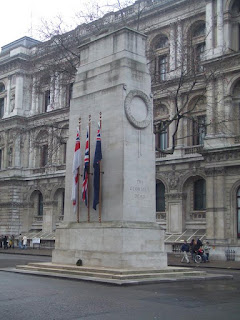I always knew, with this blog, that I wouldn’t keep up a consistent pace of posts – there would be times when there were many, and there would be breaks.
Then things happened, starting in 2019. I moved home, which obviously is a lot of effort and leaves one with less free time for a while. Then there was Covid. Then I had a mental health crisis – regarding which I have previously posted. Then I got back in the game a bit, albeit slowly. Then it all fell apart again.
For those who have supported me in the endeavour that is this blog, I want to say sorry. Indeed, for any who found my posts interesting or helpful and have missed them, to them also, I apologise. For everyone, I’m going to try and explain.
First though, I want to say that I’m really aiming to get back into this and post regularly again. Maybe not at the pace I was going before 2019, but without long gaps (partly because a long gap makes it harder to get back into it afterwards, as I’ll explain below). I still have a lot to say, a lot of things to explore – the blog didn’t dry up because ideas dried up. I even have a couple of posts ready to go and some that were in-progress when my ability to deal with the blog dried up.












